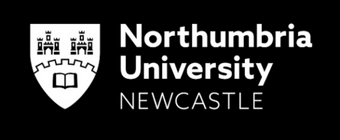In a demanding and rapidly changing legal landscape, the highest quality training is required to succeed as a barrister. Northumbria University’s Bar Course will support you in gaining the necessary knowledge and practical skills that are essential to practice at the modern Bar.
The new Bar course replaces the former Bar Professional Training Course. Teaching on Northumbria’s Bar Course is led by a team of highly experienced barristers and supported by a well-established network of members of the Bar, Judges and other practitioners.
You will benefit from generous contact hours throughout the course including dedicated exam-focused teaching sessions . During which the teaching team will share their expertise to support you in preparing for the Bar Standards Board (BSB) centralised assessments. Alongside practice-focused teaching, students will also benefit from a year-long series of workshops designed to support knowledge, understanding and exam techniques and preparation for these assessments. You may also gain, at no further cost, an additional qualification in Mediation.














